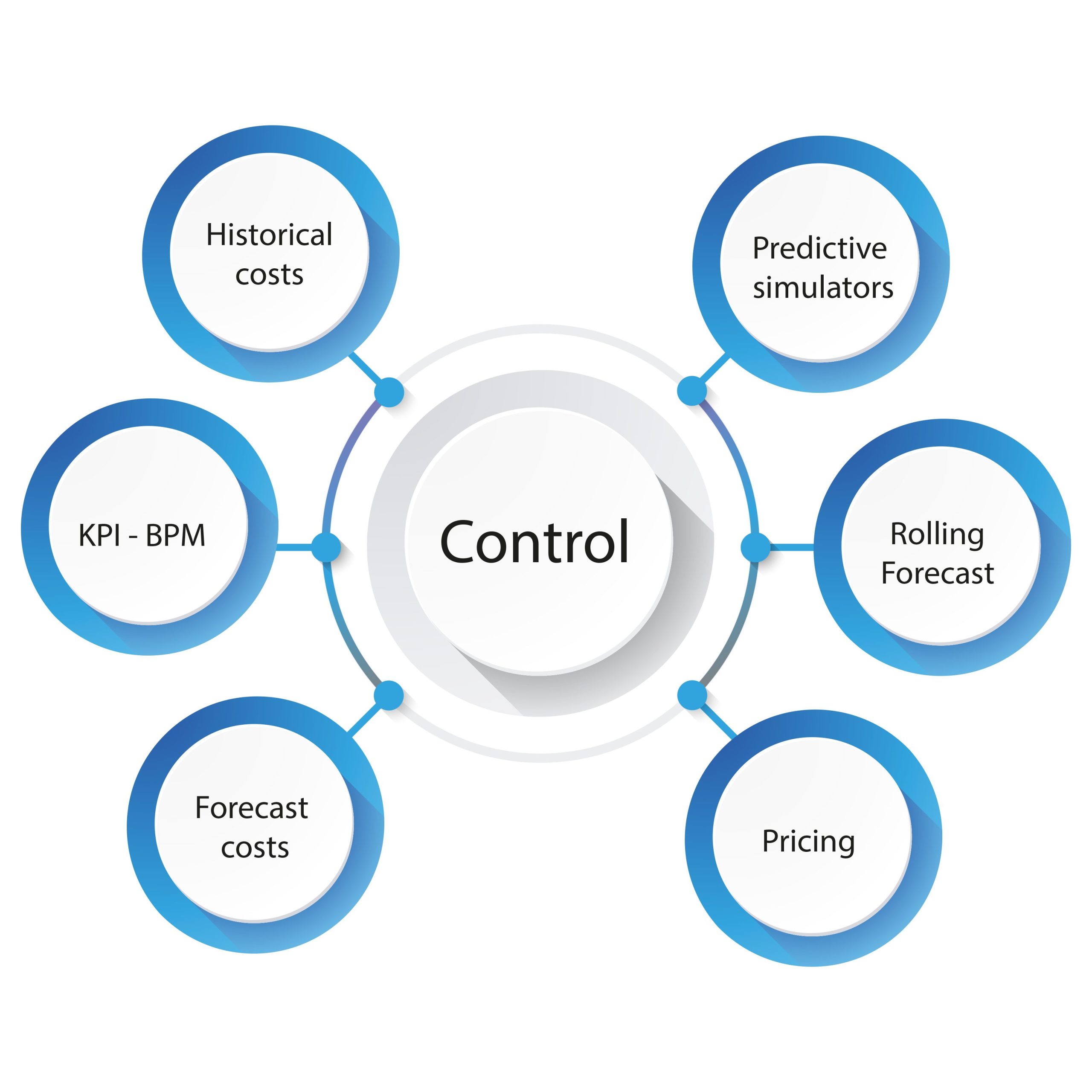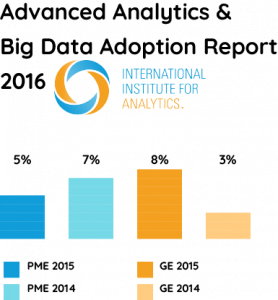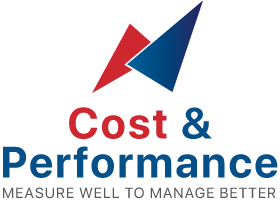Past performances are insufficient to predict the future. Never has a statement been truer for managers! I don’t recall having experienced a similar situation in the last three decades. Companies worldwide are living in uncertainty and extreme turbulence; and the worst part is that it seems destined to last for a long time. The shockwave of COVID has struck all countries, regions, and continents simultaneously like a new form of global war.
This context calls for a renewed management approach, resembling more of a continuous crisis management where two keywords are omnipotent: AGILITY AND RESILIENCE.
Agility now requires more than ever visionaries at the helm of companies. Decisions to be made cannot wait, and managers who are too cautious, too hesitant, or too attentive, who used to fare well in “normal” times, risk not being able to save their companies due to inadequate and slow reactions. The mode of normal management has once again changed, and the time of crisis has become the new normal. Only visionary and reactive leaders and managers who are capable of quickly adapting or even transforming their companies will have a chance to survive or seize the opportunities that arise (anticipatory and opportunistic management).
Unfortunately, this context raises fears of cascading bankruptcies, which may be observed much more in poorer countries where governments lack the means to assist companies in saving themselves, especially in Africa. In the United States and Europe, the effect would be mitigated due to the massive injections in 2020 of billions of dollars and euros made by the Fed and the ECB.
Some powerful states are currently taking advantage of this situation to restructure their economic fabric and relocate their sensitive industries to their own countries, as the COVID crisis has exposed several voids. Globalization is crumbling, and protectionism is re-emerging.
With this redistribution of cards both on macro and micro-economic levels, new professions will emerge, and several others will transform, offering equal opportunities to reveal new fortunes. Many professions will also disappear entirely. The manager’s skill will lie in restructuring their business and being able to quickly redirect it towards new viable niches.
Questions about which products and services to focus on, how to sell them, how to organize, and how to manage will be and are strategic questions facing everyone.

Source : www.cost-performance.com
For example, the field of marketing has completely changed its approach; the entirely digital realm has already taken precedence over traditional methods.
Business management must, more than ever, incorporate flexibility, monitoring, forecasts, adaptation scenarios, and rolling budgets (anticipatory and agile management). What could be tracked every semester or quarter must now be tracked every month, or even every day. Tracking indicators must be multiplied and redirected towards predictive analytics.
As the graph below shows, just five years ago, less than 10% of large companies had advanced predictive analytics tools. Nowadays, SMEs that do not have them run the risk of simply sinking.

Very high maturity of analytical systems
Use of advanced predictive models to analyze events that could impact company strategy.
